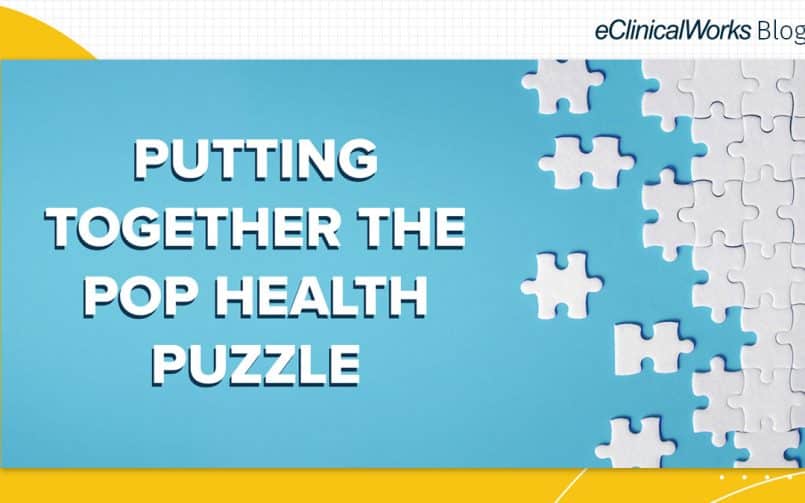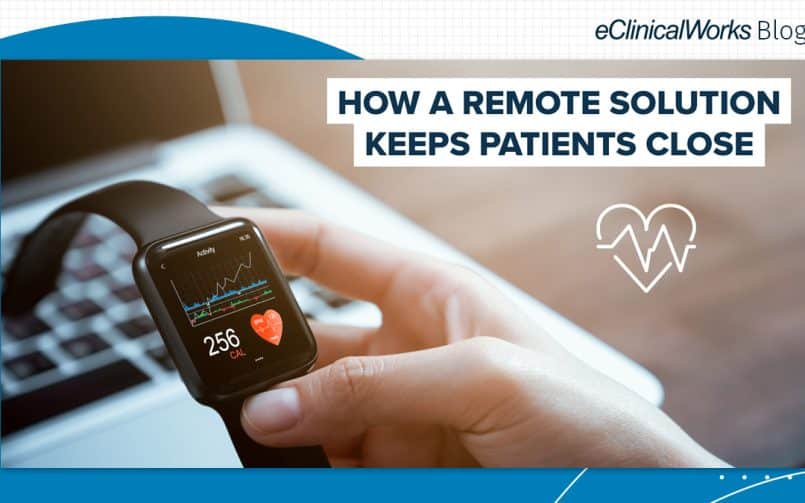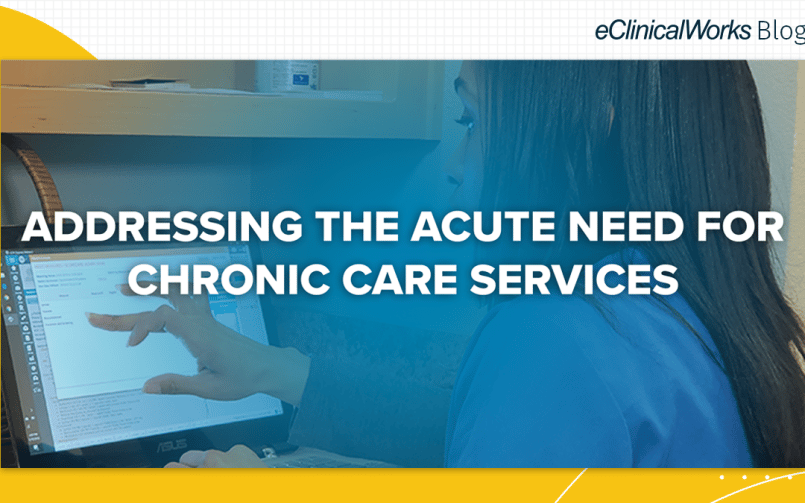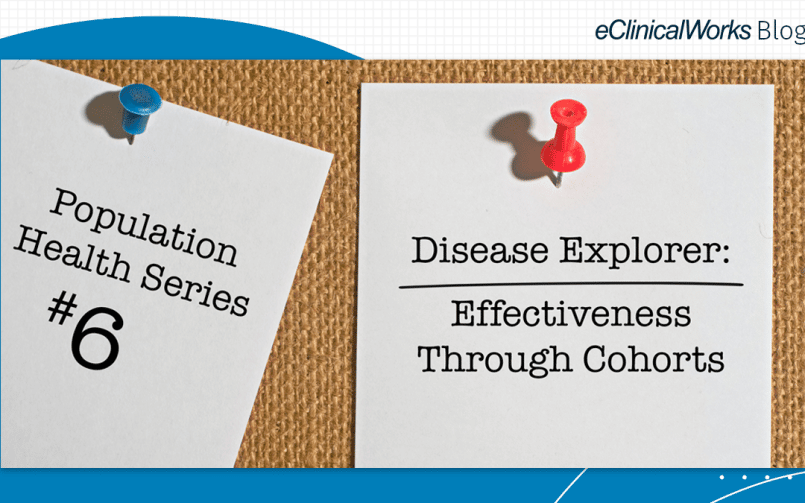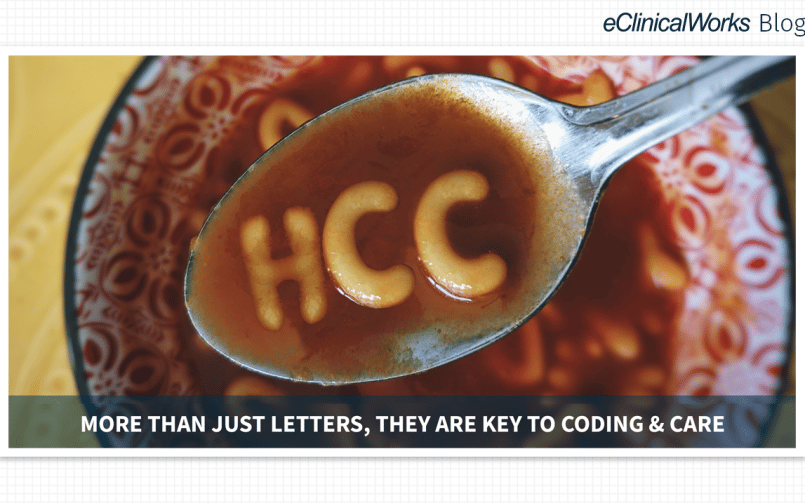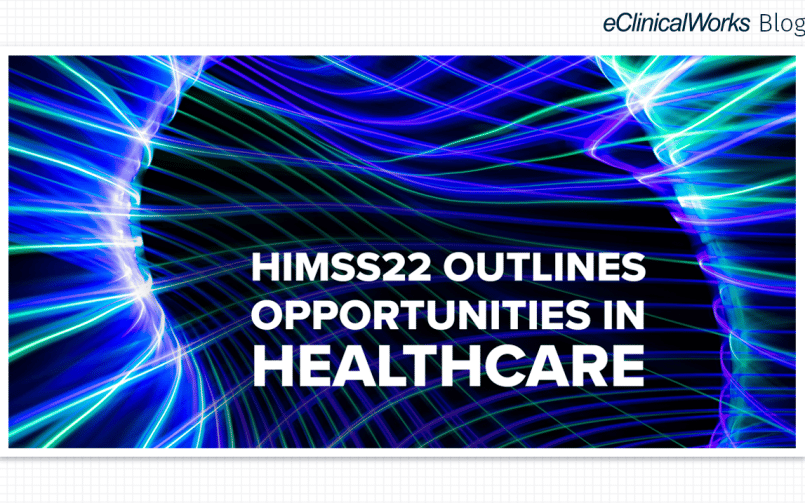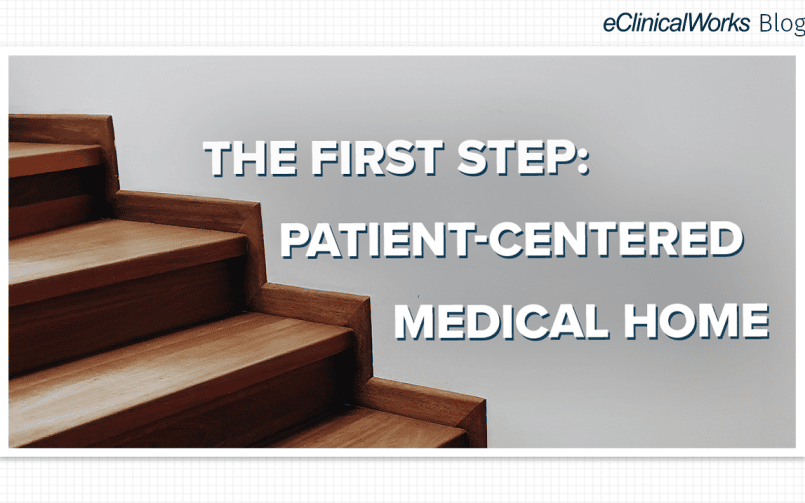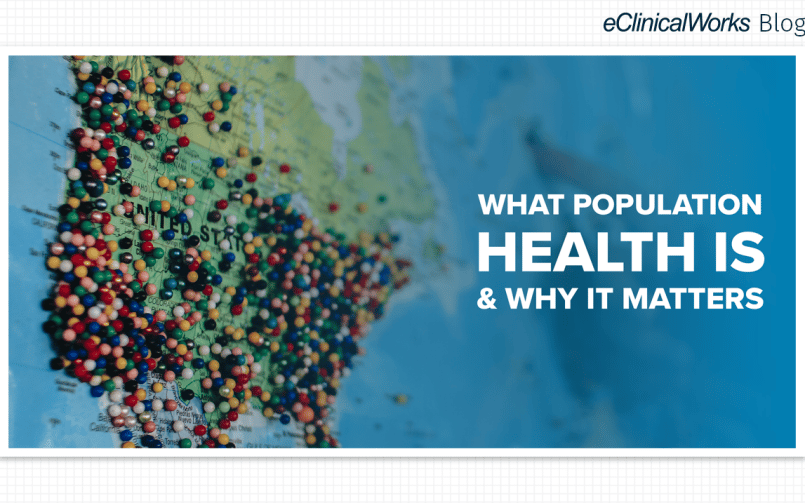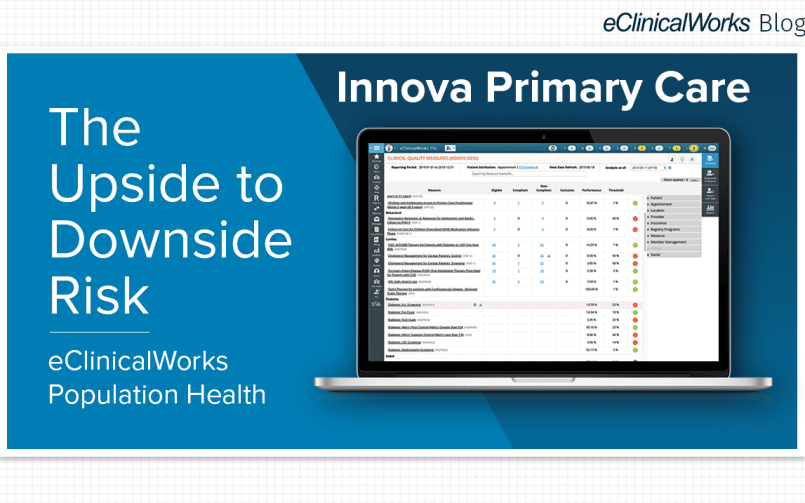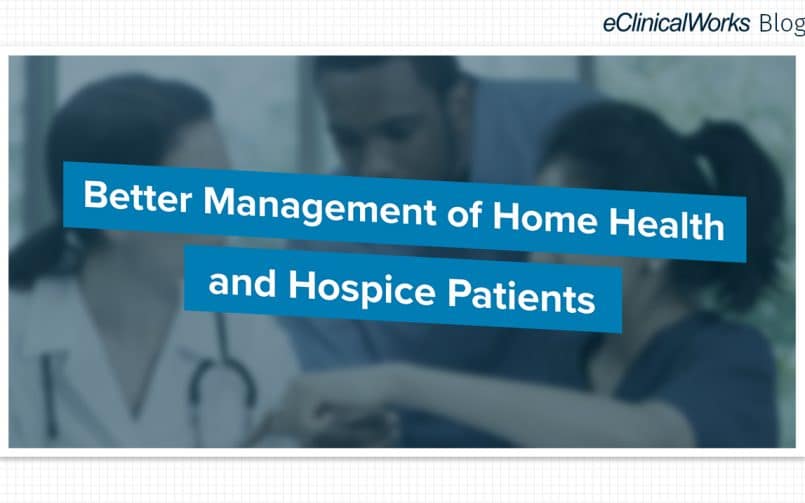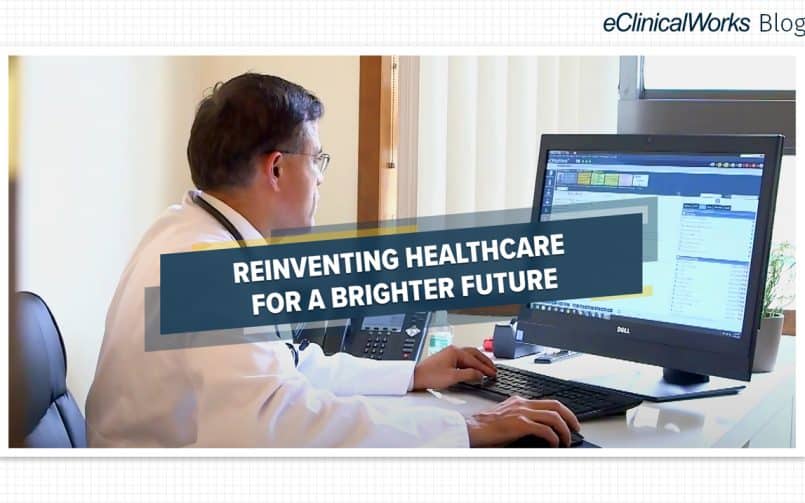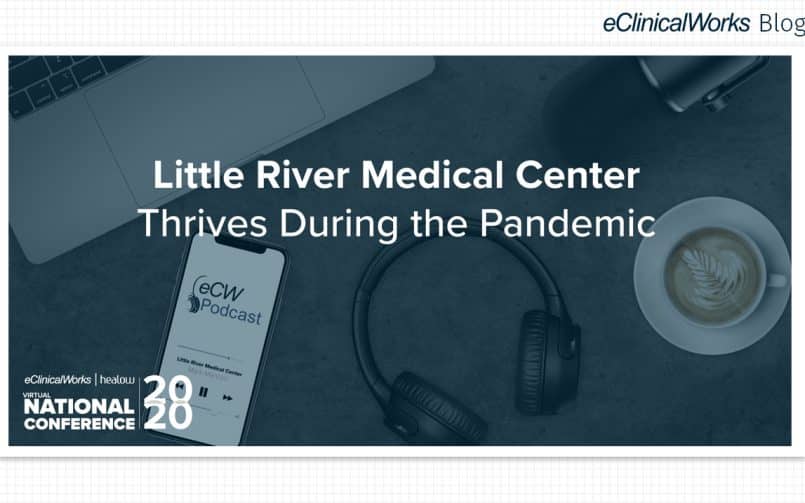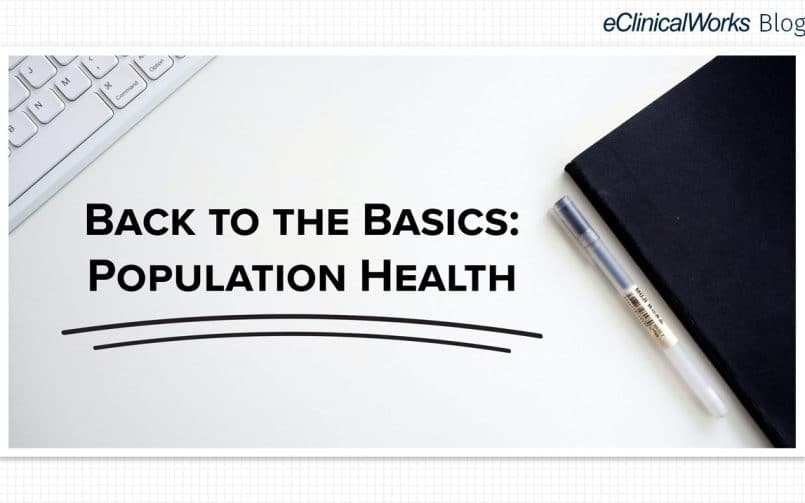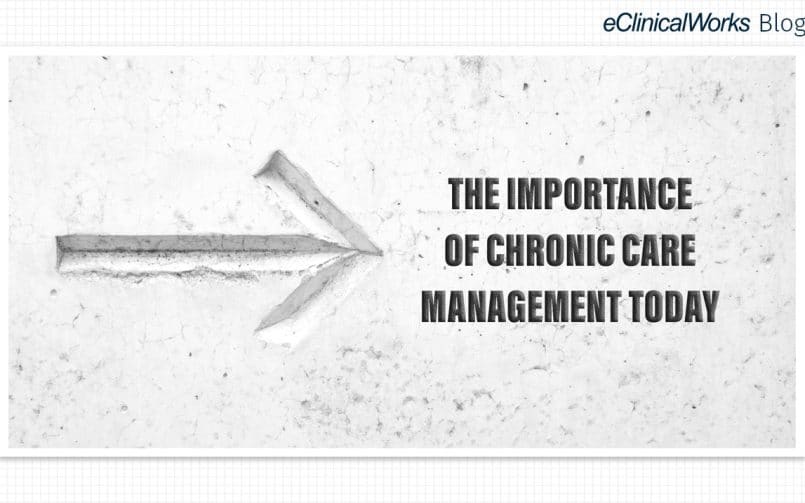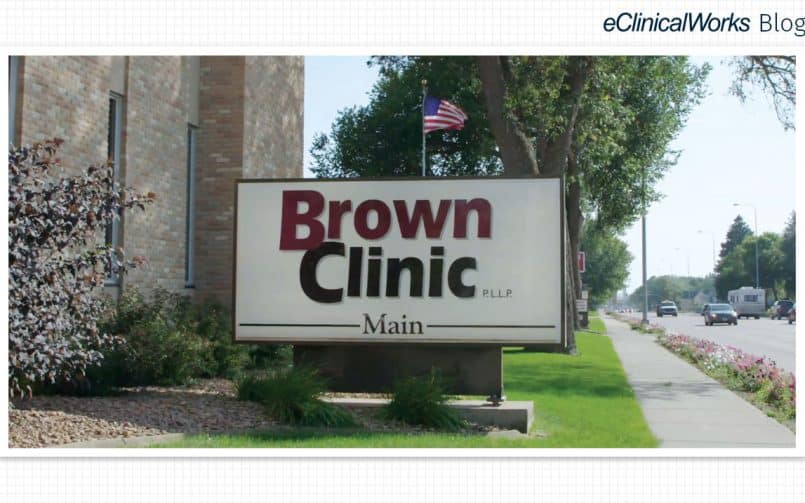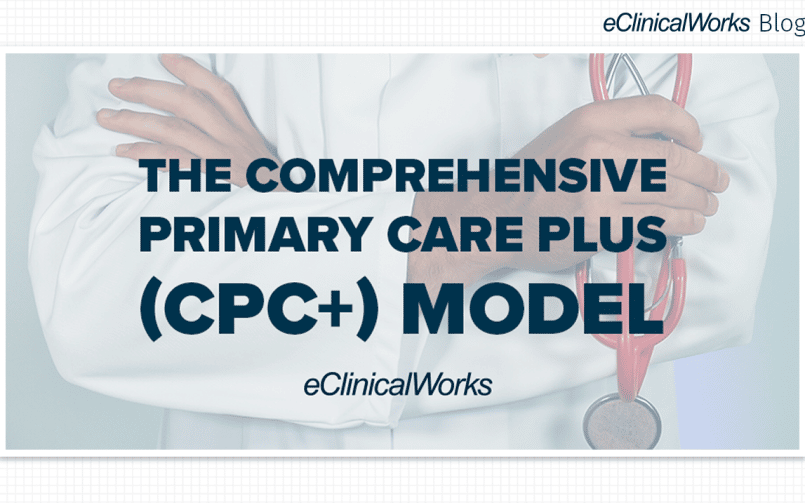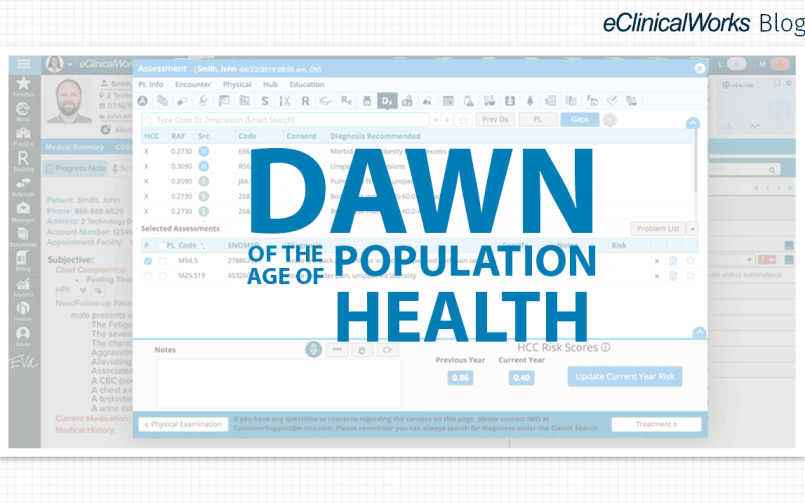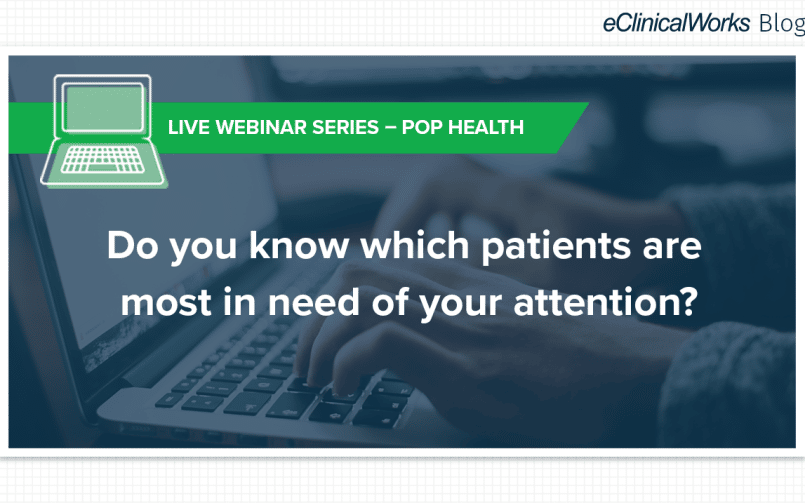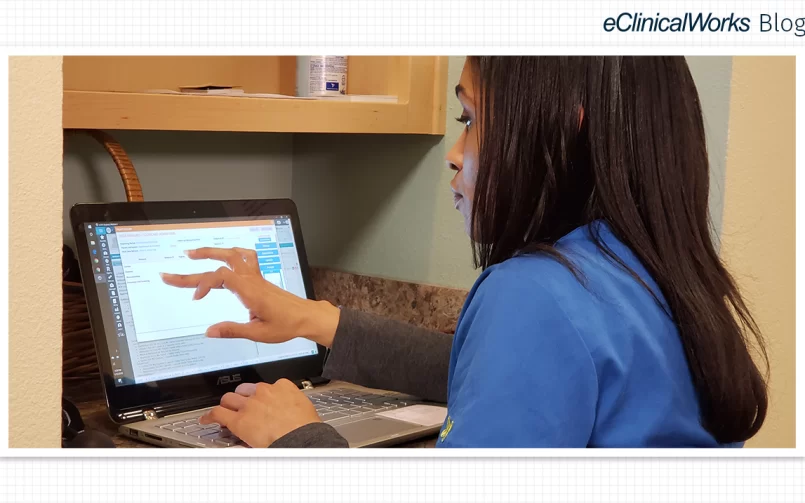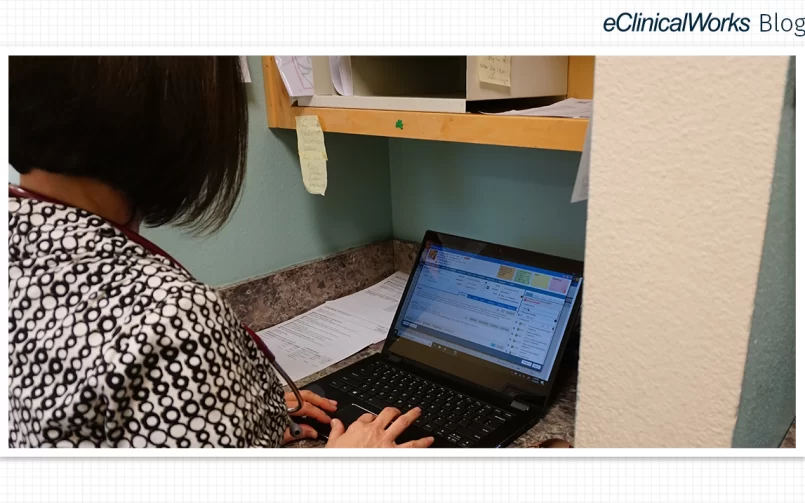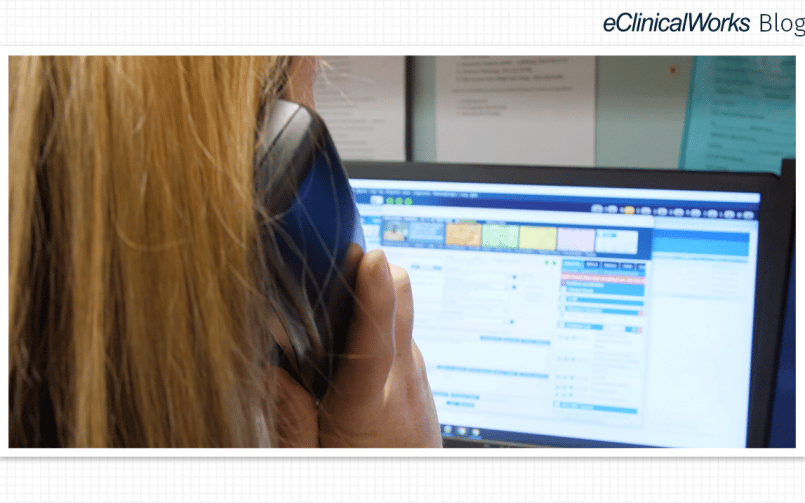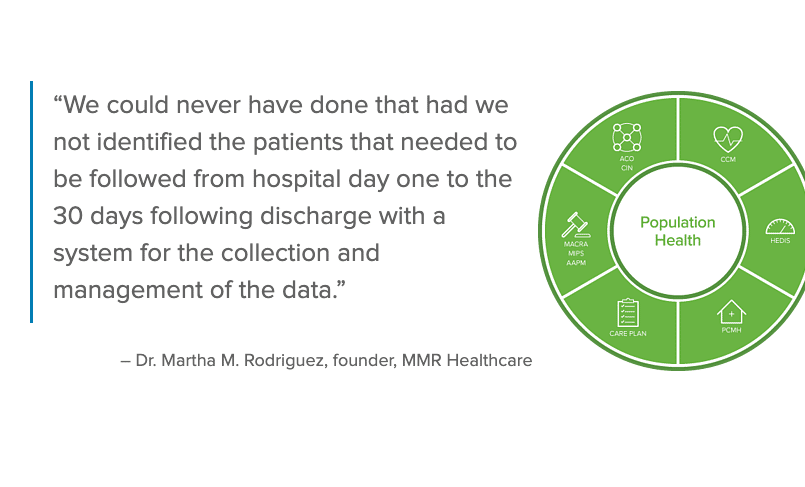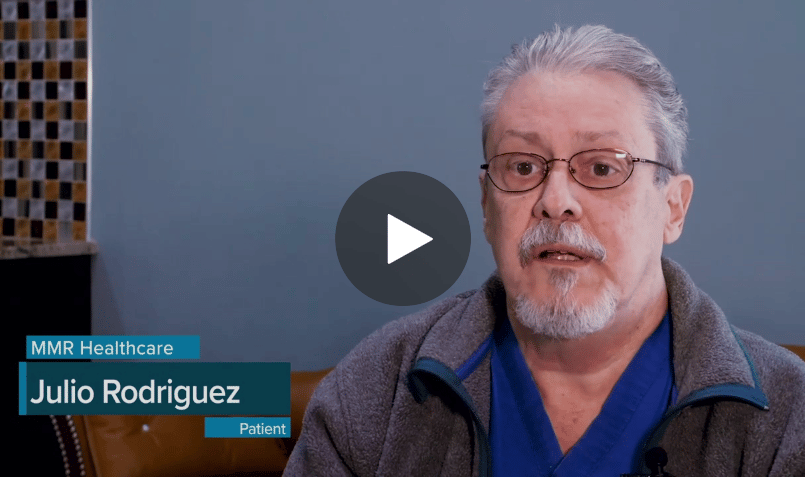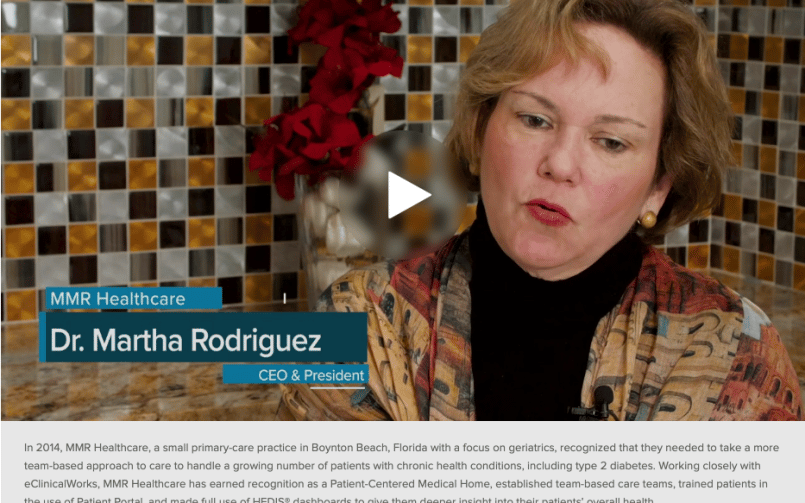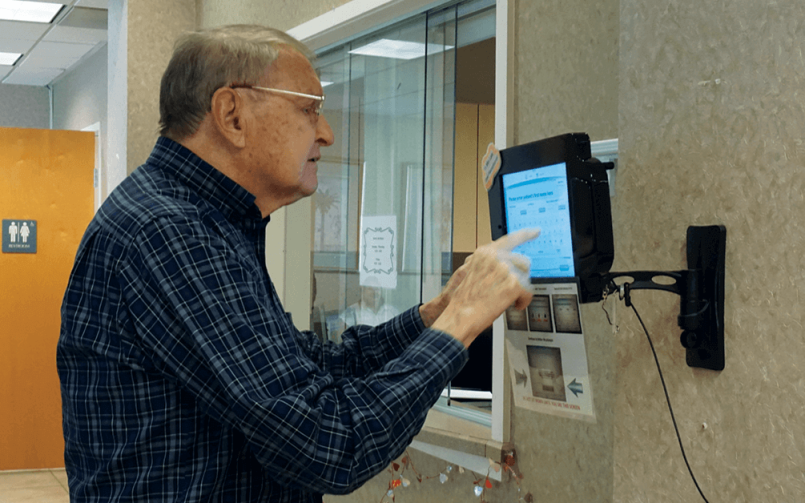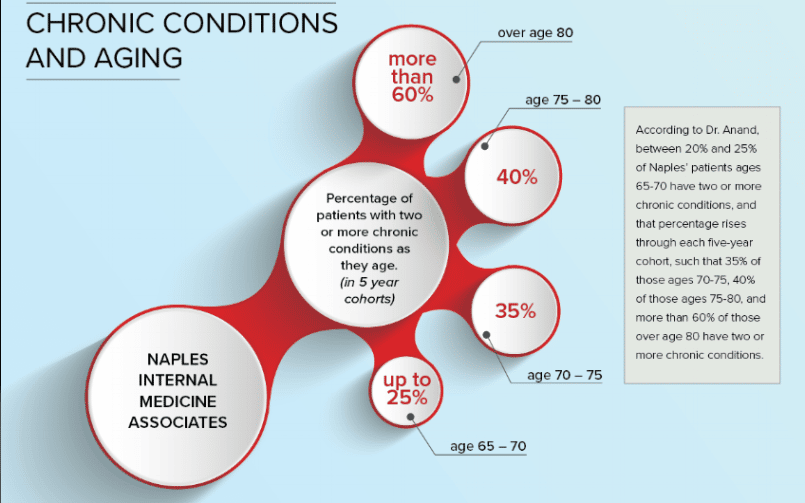eClinicalWorks Blog Details
- 10 May 2024
- Blog
eClinicalWorks in The Bahamas: How Our EHR and Pop Health Tools Are Making a Difference
eClinicalWorks

A near neighbor with familiar health challenges
The Bahamas lies just southeast of Florida and consists of some 700 islands — 30 of which are inhabited — with a total population of just over 400,000. And while the country enjoys better weather than much of the mainland U.S. on most days, it faces very similar health challenges to those seen in every corner of our nation.
For example, according to the Pan American Health Organization, 74 percent of deaths in The Bahamas are from noncommunicable diseases, including heart disease, diabetes, and cancers.
Much attention in recent years has centered on the COVID-19 pandemic, which is understandable given the novelty of the threat and the uncertainties faced around the globe.
But the reality is that, year after year, most deaths in Western countries are not from novel or unknown conditions but are due to heart disease, diabetes, cancer, and a handful of debilitating neurological conditions. However, understanding and analyzing population health data can help transform healthcare delivery.
The roots of a solution
Reducing the incidence of these widespread and all-too-familiar diseases requires the kind of insight that modern Electronic Health Records can achieve. To understand why, it helps to underscore a key step in the evolution of the EHR.
The first Electronic Health Records, which date to the early 1960s, were rudimentary by today’s standards, focused exclusively on documentation in the form of a simple Progress Note. In those days, even the few organizations that were early adopters of an EHR lacked sophisticated tools to identify health trends and improve long-term outcomes.
To be sure, physicians decades ago knew what to look for, but often they could only determine what was happening with their patient populations by conducting laborious analysis of paper records and relying upon intuition and sometimes guesswork.
Transforming the EHR with Population Health tools
By contrast, physicians and health systems today have access to EHRs that come with solutions specifically designed to provide the deep analysis needed to understand underlying disease trends and patterns. Gathering and acting upon that information is at the heart of what we call Population Health.
Such tools are transforming modern healthcare not only because they are more accurate and faster than previous techniques, but because they can help physicians and their patients separate what really matters from the misleading reports, myths, fads, and outright misinformation that can often flood society and the media.
When it comes to better health, we need the best information at the point of care. The modern EHR offers precisely that.
Today, with a few clicks on a keyboard, physicians can access dashboards and analyses that help deliver the understanding and insight they need to prevent, detect, and better treat those common conditions that impact nearly everyone in time.
Case in point: eClinicalWorks and the Bahamas
eClinicalWorks’ partnership with the National Health Insurance Authority (NHIA) of The Bahamas offers an excellent illustration of how today’s multi-faceted EHR can provide the insights necessary to make a difference across a society.
The NHIA formed in 2017 to deliver “accessible, affordable, and quality healthcare for the benefit of all Bahamians.”
Over the last seven years, NHIA has enrolled more than 150,000 people — nearly 40 percent of the country’s population. The organization partnered with eClinicalWorks for patient documentation, Population Health tools, and telehealth.
Telehealth — giving patients the option of conducting a remote medical visit by phone or computer — is a critically important component of healthcare in The Bahamas, given that so many Bahamians may live far from the medical provider they need to see and face transportation obstacles when seeking medical care.
The numbers show a positive difference
In the first year following the implementation of eClinicalWorks at all NHIA-registered facilities in The Bahamas, that nation saw a noticeable increase in patient compliance with physician-recommended screenings and treatment regimens.
Based on a cohort of more than 35,500 patients, The Bahamas saw:
- 10-fold improvement in screenings for prostate cancer
- Doubling in screenings for cervical cancer
- 14-fold improvement in compliance with colorectal cancer screening
- 44% improvement in the assessment of diabetic patients
“The collaboration between the NHIA and eClinicalWorks has allowed us to take a significant step towards revolutionizing how we collect and track patient screenings and results,” said Chadwick Williamson, Chief Information Officer of the NHIA. “With continued progress, we can eventually develop wellness policies and programs related to chronic disease management. It emphasizes our shared commitment to transforming healthcare delivery throughout The Bahamas.”
Learn more about how eClinicalWorks Population Health tools can help your practice improve long-term patient care.
